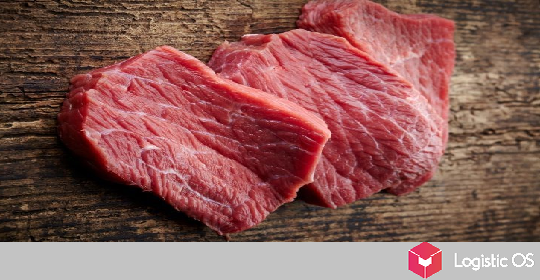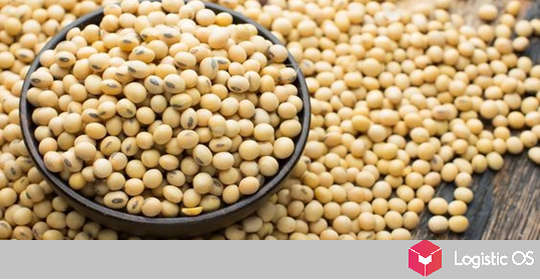The volume of Russian sugar exported to Kazakhstan by rail is growing steadily, with Kazakhstan being the main buyer.
According to the latest information, from August 2023 to February 2024, Russia sent approximately 442 thousand tons of sugar abroad.
This is a significant increase: compared to the same period last year, the figure has tripled. This information was provided by the Institute of Agricultural Market Studies.
At the same time, Kazakhstan remains the largest buyer of sugar produced in the Russian Federation.
Since the beginning of the season, approximately 200 thousand tons of sugar have been sent there from Russia.
There are other large buyers, for example, Uzbekistan with about 55 thousand tons and Tajikistan, which purchased about 60 thousand tons of sugar from Russia.
These are not the only countries to which the volume of Russian supplies is increasing. Among other things, exports to Mongolia and the DPRK are growing.
Sugar reserves among producers are growing
Currently, there is a tendency for sugar producers to maintain high inventories.
For example, at the end of January they amounted to about 2.7 million tons. This is approximately 575 thousand tons more than a year earlier.
At the same time, there is reason to believe that such volumes may further increase. After all, there is information that sugar production in the current season will be about 6.8 million tons of sugar, and exports will be at the level of 900 thousand tons.
Such data looks convincing, because at the moment, since the beginning of the season, Russia has already produced 6.6 million tons of sugar, so there is very little left to reach the level of 6.8 million.
At the same time, at the end of February, the level of sugar production in the Russian Federation was 700 thousand tons more than in the same period last year.
A ban on sugar exports may be introduced in Russia
The Ministry of Agriculture is discussing the possibility of introducing a ban on the export of Russian sugar outside the EAEU, but such an initiative has already caused serious criticism from experts.
For example, ICAR believes that this is not economically feasible. For many years Russia has been moving towards taking its place in the world sugar markets; if it now leaves there, it will not be easy to return.
In addition, sugar is a product with high added value, for this reason it makes no sense to ban its export either.
Finally, the export of this product from the Russian Federation is not at a very high level, not to mention the fact that large reserves have accumulated in the country.
All this allows us to hope that ultimately the Ministry of Agriculture will abandon the idea of introducing such a ban.

